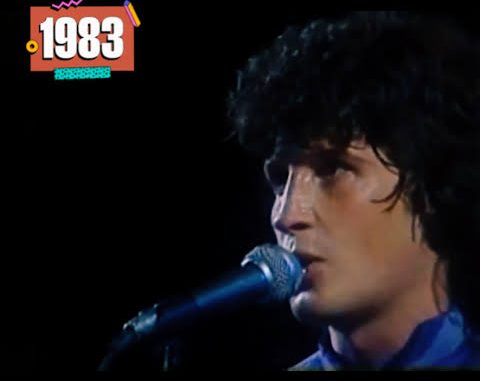
Los Angeles, CA – July 31, 2025 — It’s one of the most explosive moments in rock history: The Doors, in their prime, storming the Hollywood Bowl stage in 1968, and tearing through a primal, unrelenting version of “Back Door Man.” Over five decades later, the performance remains a defining statement of the band’s raw power, and of Jim Morrison’s place as one of rock’s most dangerous, unpredictable frontmen.
Originally written by blues legend Willie Dixon and recorded by Howlin’ Wolf in 1961, “Back Door Man” was already steeped in sexuality, defiance, and folklore. But when The Doors got their hands on it, the song transformed into something more feral, more threatening—something unmistakably their own. With Morrison’s snarling baritone leading the charge, The Doors took that classic blues template and ran it through their own dark, psychedelic filter.
Their performance at the Hollywood Bowl on July 5, 1968, now considered a landmark moment in the band’s career, captured that energy in its most distilled, electrifying form. From the opening riff—Robbie Krieger’s stinging guitar echoing across the amphitheater—to the thunderous drive of John Densmore’s drumming and Ray Manzarek’s swirling organ lines, the song explodes with menace and intensity. But it’s Morrison’s presence that pushes it over the edge.
Barefoot, shirt unbuttoned, and radiating a dangerous charisma, Morrison prowls the stage like a jungle cat. His voice, sometimes slurred, sometimes howling, takes full ownership of the lyrics, turning lines like “You men eat your dinner, eat your pork and beans / I eat more chicken than any man ever seen” into declarations of alpha dominance and dark rebellion. It’s not just performance—it’s possession.
The Doors weren’t strangers to covering the blues, but what they did to “Back Door Man” was transformative. The song became a vehicle for Morrison’s myth-making—a ritual, a confrontation, a seduction. At the Bowl, as the lights swirled and the band locked into an unstoppable groove, Morrison blurred the line between performer and shaman, between rock star and anarchist poet. His delivery was equal parts lust and rage, a primal scream aimed straight at the heart of 1960s America.
“The blues was always in our blood,” Ray Manzarek later said in interviews. “But we twisted it. We gave it a shot of something darker, something more theatrical, more sexual. That was Jim’s gift.”
The Hollywood Bowl concert, filmed and later released in various audio and video formats, has become one of the most iconic live documents of The Doors. It captures the band at a pivotal point—before Morrison’s descent into deeper chaos, before the arrests and court battles, before the exile in Paris. In 1968, they were still dangerous in the right way: tight, wild, brilliant, and untouchable.
The performance of “Back Door Man” stands out even among a setlist filled with classics like “Light My Fire,” “When the Music’s Over,” and “The End.” It’s the moment where the blues heritage of the band fully collides with their psychedelic leanings and Morrison’s dark poetry. It’s sweaty, swaggering, and impossible to ignore.
In the years since, critics and fans alike have returned to that night as one of The Doors’ purest expressions of power. Music historian Greil Marcus described the performance as “less a cover than a reclamation—The Doors taking the blues back into the darkness from which it came.” It’s a fitting tribute to a band that never played it safe and to a frontman who saw music not just as entertainment, but as ritual.
“Back Door Man” remains one of the band’s most enduring live staples, featured on countless compilations and bootlegs. But the Hollywood Bowl version is definitive. It’s the sound of a band fully locked into its identity, riding the wave of the counterculture but driven by something more primal. Something older than rock itself.
For fans of The Doors, and students of rock history, this 1968 performance is more than just a song—it’s a snapshot of danger, rebellion, and raw, unapologetic artistry. At the Hollywood Bowl, “Back Door Man” wasn’t just sung—it was unleashed.
Leave a Reply